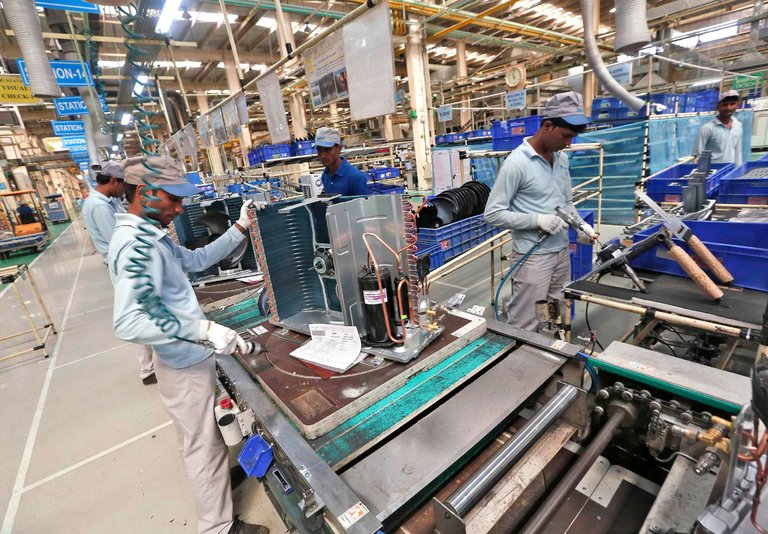
Unveiling the Ubiquitous: Exploring the Most Commonly Produced Industrial Chemical
In the vast realm of industrial chemistry, numerous chemicals play pivotal roles in shaping our modern world. However, one chemical stands out as the most commonly produced, serving as the backbone of countless industries. In this article, we delve into the depths of industrial chemistry to uncover the identity of this ubiquitous chemical and explore its multifaceted applications.
- The Chemical Marvel:
At the heart of industrial production lies a chemical compound known as sulfuric acid. With its distinctive properties and versatile nature, sulfuric acid has secured its position as the most commonly produced industrial chemical worldwide. Its significance extends far beyond its role as a mere compound, as it acts as a catalyst, reactant, and solvent in various industrial processes. - Industrial Applications:
2.1. Fertilizer Production:
Sulfuric acid plays a crucial role in the production of fertilizers, such as ammonium sulfate and superphosphates. By reacting with phosphate rock and ammonia, it facilitates the conversion of raw materials into nutrient-rich compounds that enhance crop growth and agricultural productivity.
2.2. Chemical Manufacturing:
In the realm of chemical synthesis, sulfuric acid serves as a vital reagent. It participates in the production of numerous chemicals, including dyes, detergents, pharmaceuticals, and synthetic fibers. Its acidic properties enable it to catalyze reactions, modify molecular structures, and facilitate the formation of desired products.
2.3. Petroleum Refining:
Within the petroleum industry, sulfuric acid finds application in the refining process. It aids in the removal of impurities, such as sulfur and nitrogen compounds, from crude oil. This purification step ensures the production of cleaner fuels and reduces the environmental impact of combustion.
2.4. Metal Processing:
Sulfuric acid plays a significant role in metal processing, particularly in the extraction of metals from ores. Through a series of chemical reactions, it helps dissolve and separate metals, such as copper, zinc, and nickel, from their respective ores. This process is essential for the production of various metal products.
- Environmental Impact:
While sulfuric acid is a vital component of industrial processes, its production and usage raise environmental concerns. The release of sulfur dioxide (SO2) during manufacturing contributes to air pollution and acid rain. Efforts are being made to develop cleaner production methods and implement stringent emission control measures to mitigate these environmental impacts. - Safety Considerations:
Due to its corrosive nature, proper handling and storage of sulfuric acid are crucial to ensure worker safety. Protective equipment, such as gloves, goggles, and chemical-resistant clothing, must be used when working with this chemical. Additionally, strict adherence to safety protocols and regulations is essential to prevent accidents and minimize risks.
Conclusion:
Sulfuric acid, the most commonly produced industrial chemical, permeates numerous sectors, driving innovation and progress. Its diverse applications in fertilizer production, chemical manufacturing, petroleum refining, and metal processing underscore its indispensability. However, it is imperative to balance industrial needs with environmental sustainability and prioritize safety measures to harness the full potential of this chemical marvel.